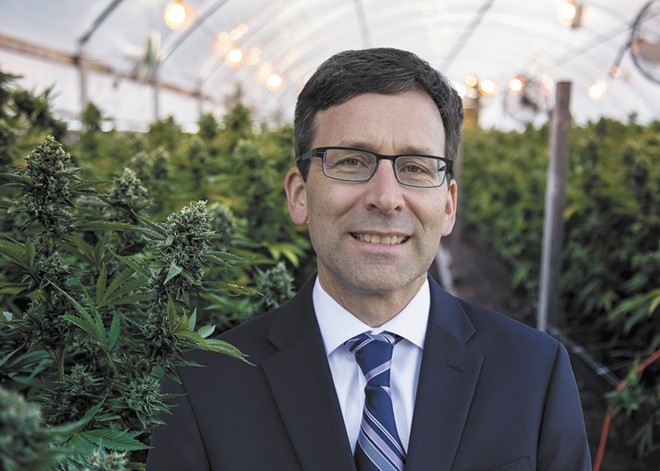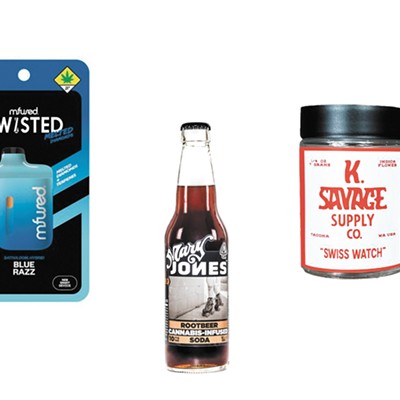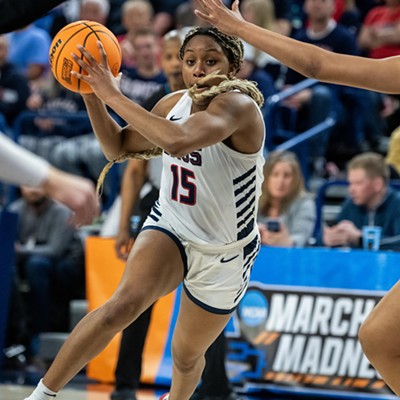Washington state's chief legal officer was one of more than 20 attorneys general across the United States who called for a change in federal cannabis policy last month, but not in the way you might be thinking.
Despite the fact that cannabis is legal in Washington, state Attorney General Bob Ferguson signed onto a letter that asks Congress to, essentially, make (some) cannabis illegal again.
"Hemp-derived intoxicants have proliferated across our states," the March 20 letter reads. "We urge Congress in the strongest possible terms to address this reckless policy."
Wait, what?
Hemp is legal across the U.S., and cannabis is legal in Washington. So, why the letter?
Well, even though botanically speaking hemp and cannabis are the exact same plant, the government sees it differently. Cannabis is illegal at the federal level, but hemp, which the federal government defines as cannabis with less than 0.3 percent THC by weight, is legal.
Same plant, different laws.
A legal loophole arose with the 2018 Farm Bill, which legalized hemp and subsequently allowed for a boom in hemp-derived products in the legal consumer market — it's why you can buy CBD-infused everything from seltzer water to pet treats.
It's also why you can buy THC-infused products via mail-order and have them delivered to your door by the United States Postal Service.
The latter wasn't exactly the plan of the federal legislation that in 2018 legalized a plant that once upon a time was best known for rope making.
Hemp, despite containing only negligible amounts of THC, can be used to produce THC from other chemicals naturally occurring within the plant.
Enterprising entrepreneurs around the country have tried to cash in on this loophole by converting chemicals in now federally legal hemp into still federally illegal THC.
And that's where Ferguson comes in.
He's not asking the feds to ban hemp or THC, both of which are legal in Washington, but to close the loophole that allows THC to be sold outside the state's licensed marketplace. The letter is asking for a new definition for a word that is already defined.
The federal government legalized "hemp" but not "cannabis," though really they're both "weed." People sold weed when it was illegal, so is it a surprise that people are selling it now that it's kind of legal?
For an answer to that question, we'll have to wait and see with Ferguson's letter. ♦




















